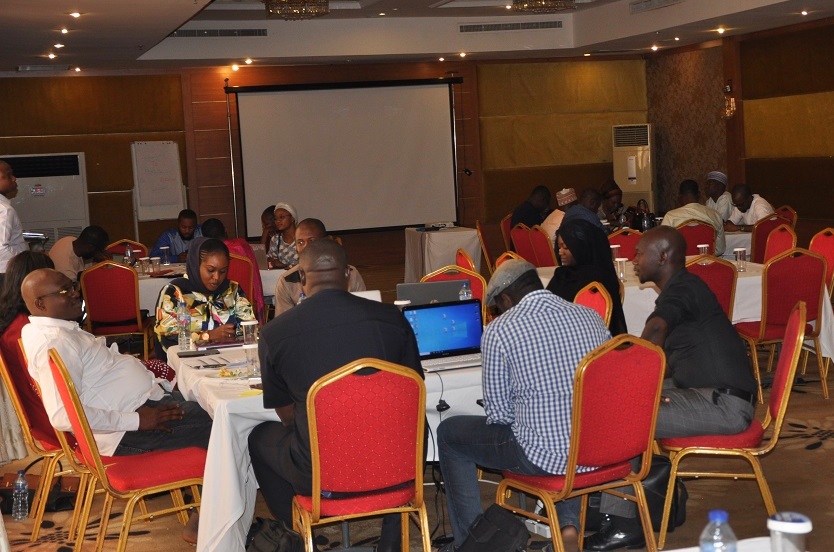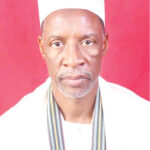The governance actors in Nigeria have reviewed the successes, influence and impact of civic engagements in the country in order to appraised how citizens benefits from government activities.
The reflection session which was facilitated by Partnership to Engage, Reform and Learn (PERL), a programme of the UK’s Department for International Development (DFID) was attended by members of civil societies, marginalized groups, private sector and the media as well as representatives of government ministries, departments and agencies.
The session was on thematic areas such as budget and service delivery in sectors such as health, agriculture and social investment programme.
Other thematic areas are legislative and open governance engagements.
The National Coordinator of Open Alliance, Ayomide Faleye said the session was an eye opener and that it helped the governance actors to review their activities and engagement critically, realised their weaknesses and further appreciate their values and successes.
Faleye said, “It is good we are having this reflection session to know if we are really making impact on the lives of the people in terms of whether the citizens are truly deriving the benefits of democratic governance.”
She added that the session afforded the participants the opportunity to do diligent evaluation of the outcome of their various activities and engagements on behalf of the citizens to measure the service delivery impact on the people.
“The session was carefully designed to bring out our best. It was tasking and interesting. It would help to deepen our engagement going forward,” Faleye added.
The PERL Engaged Citizens Federal Team Leader, Mr Greg Anyaegbudike explained that the session was aimed at reflecting on the past one year on the extent to which actors’ engagements are becoming increasingly effective, ensuring representation and inclusion and aiding good governance through service delivery to the citizens.
Anyaegbudike said, “PERL has been working with various governance partners and constituencies to strengthen and support their efforts in engaging government and other actors towards addressing barriers that constrain effective policy changes”.

 Join Daily Trust WhatsApp Community For Quick Access To News and Happenings Around You.
Join Daily Trust WhatsApp Community For Quick Access To News and Happenings Around You.

